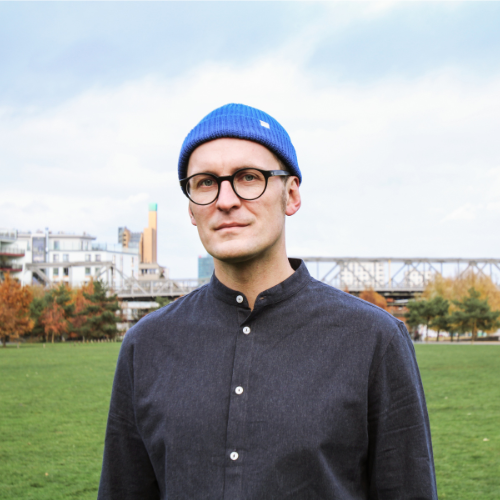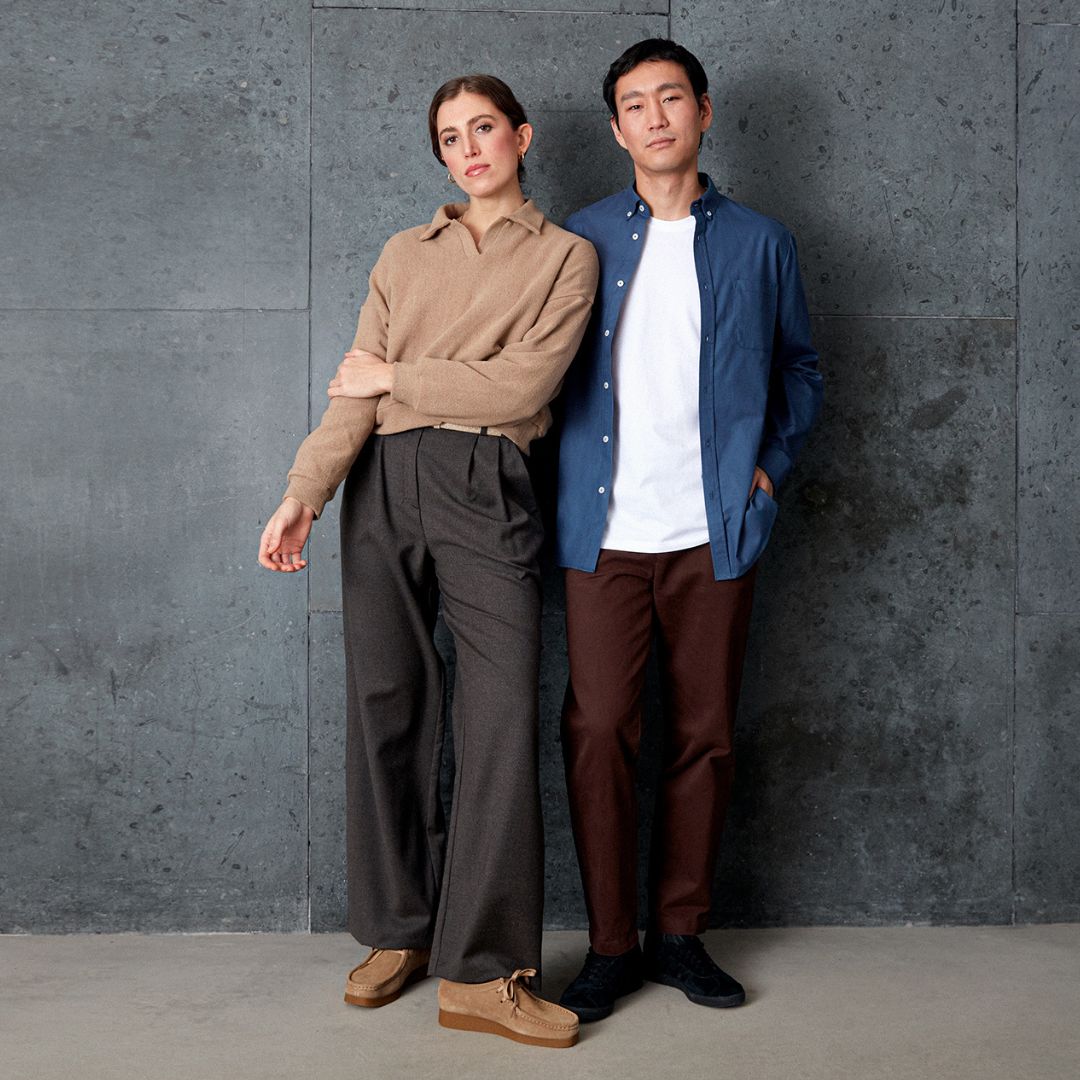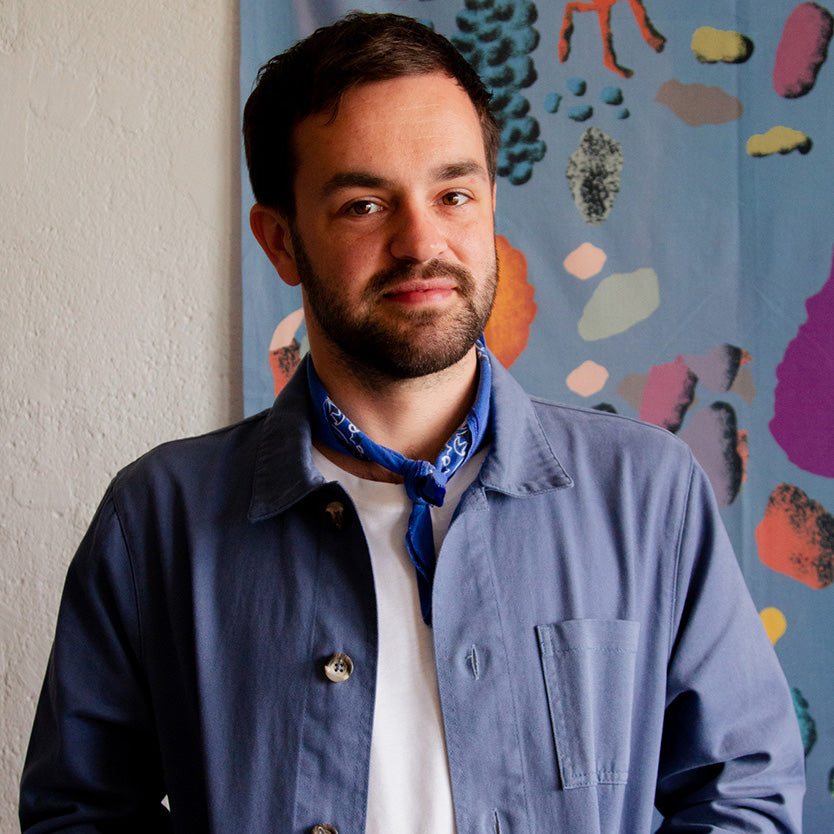It's Fashion Revolution!
Die Fashion Revolution Week steht vor der Tür, und wir wollen euch dieses Jahr einen Einblick in den Herstellungsprozess unserer nachhaltigen Kleidungsstücke geben.
Unser Ziel ist es, als Label vollständig transparent zu agieren. Dafür geben wir Einblicke in unsere Produktions- und Lieferkette und stellen Euch die Menschen hinter Givn Berlin vor.
Jedes unserer Textilien durchläuft einen mehrstufigen Produktionsprozess, den wir euch hier näher bringen möchten.

Zuschnitt
Am Anfang schicken wir unsere Designs und technischen Zeichnungen zu den Produzenten, die daraus Schnitte erstellen und Prototypen anfertigen.
Aus dem Schnitt werden dann in der Produktion die fertigen Schnittteile zu geschnitten, die auf den unteren Fotos zu sehen sind.

Manuela arbeitet im Zuschnitt unseres Jersey-Produzenten in Guimarães, Portugal



Die Nähstation bei einem unserer Produzenten in Portugal
Nähen
Einmal zugeschnitten werden die einzelnen Schnittteile zu einem fertigen Kleidungsstück genäht, das ihr dann später in den Händen haltet.

Susana, arbeitet als Näherin bei unserem Jersey-Produzenten in Guimarães, Portugal

Finshing + Distribution
Nach dem Nähen werden unsere Kleidungsstücke gewaschen und gebügelt und danach verpackt und zu uns geschickt - hier zu sehen bei unseren Produktionspartnern in der Türkei und in Portugal.

Birkan, arbeitet an der Bügelstation unseres Woven-Produzenten in Izmir, Türkei


Klaudia, arbeitet in der Qualitätskontrolle und Distribution unseres Produzenten in Legnica, Polen
Danke für euren Support
Wir möchten allen danken, die sich unserer Mission angeschlossen haben, die Branche zum Besseren zu verändern.
Auch wenn die Fashion Revolution Week zu Ende geht, geht unsere Arbeit immer weiter, die Welt ein kleines bisschen besser zu machen.

Unser Team, hier zu Besuch bei unserem Jersey-Produzenten in Guimarães, Portugal
Our certifications

Certification to the Global Organic Textile Standard ensures compliance with ecological and social criteria along the entire supply chain.

The PETA-Approved Vegan seal is the leading certificate for the identification of vegan fashion. It identifies products that are made without animal ingredients.

Der GRS schreibt die Anforderungen an die unabhängige Zertifizierung von Recyclingmaterialien, der Produktkette, von sozialen und umweltrelevanten Praktiken und chemischen Einschränkungen fest.


